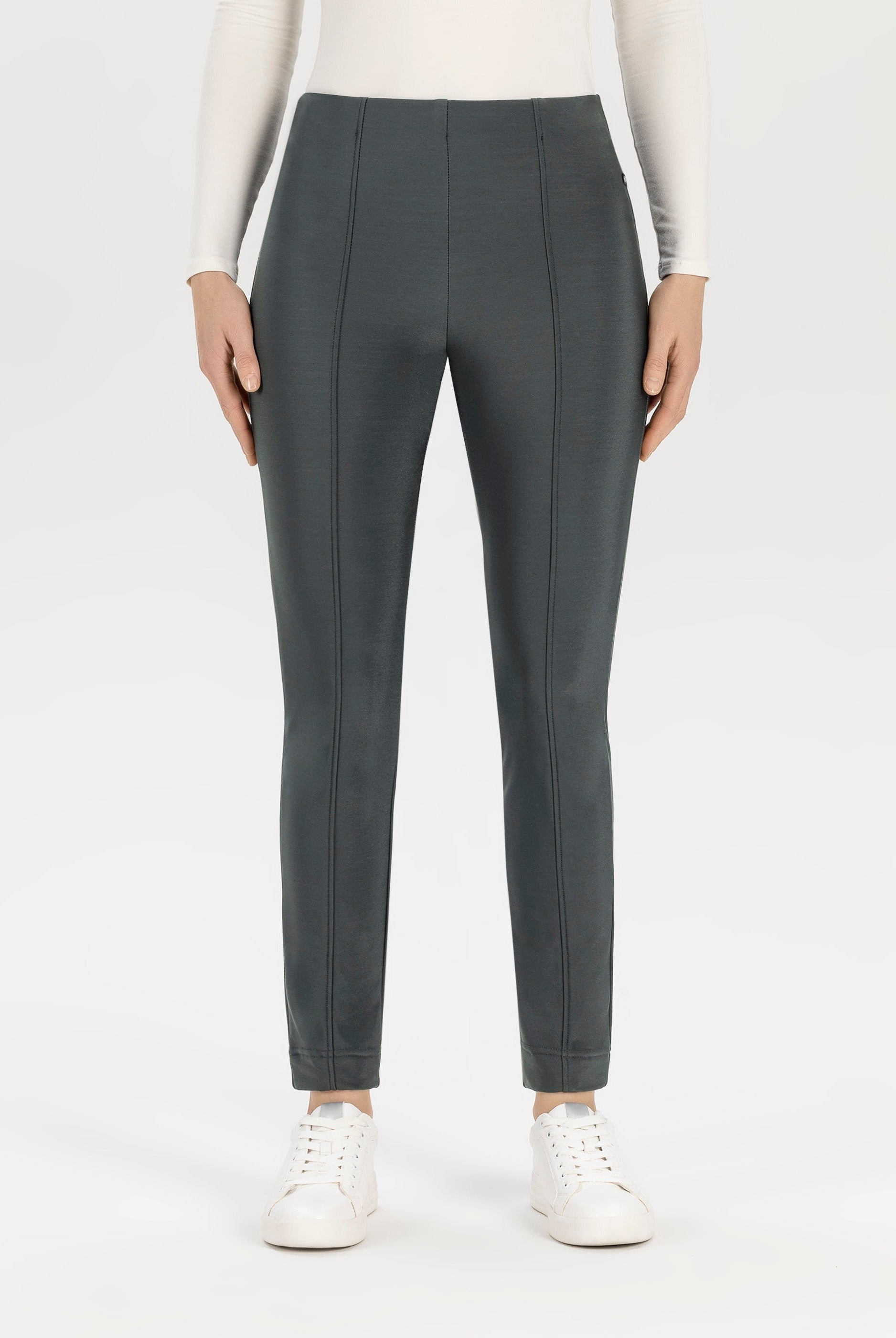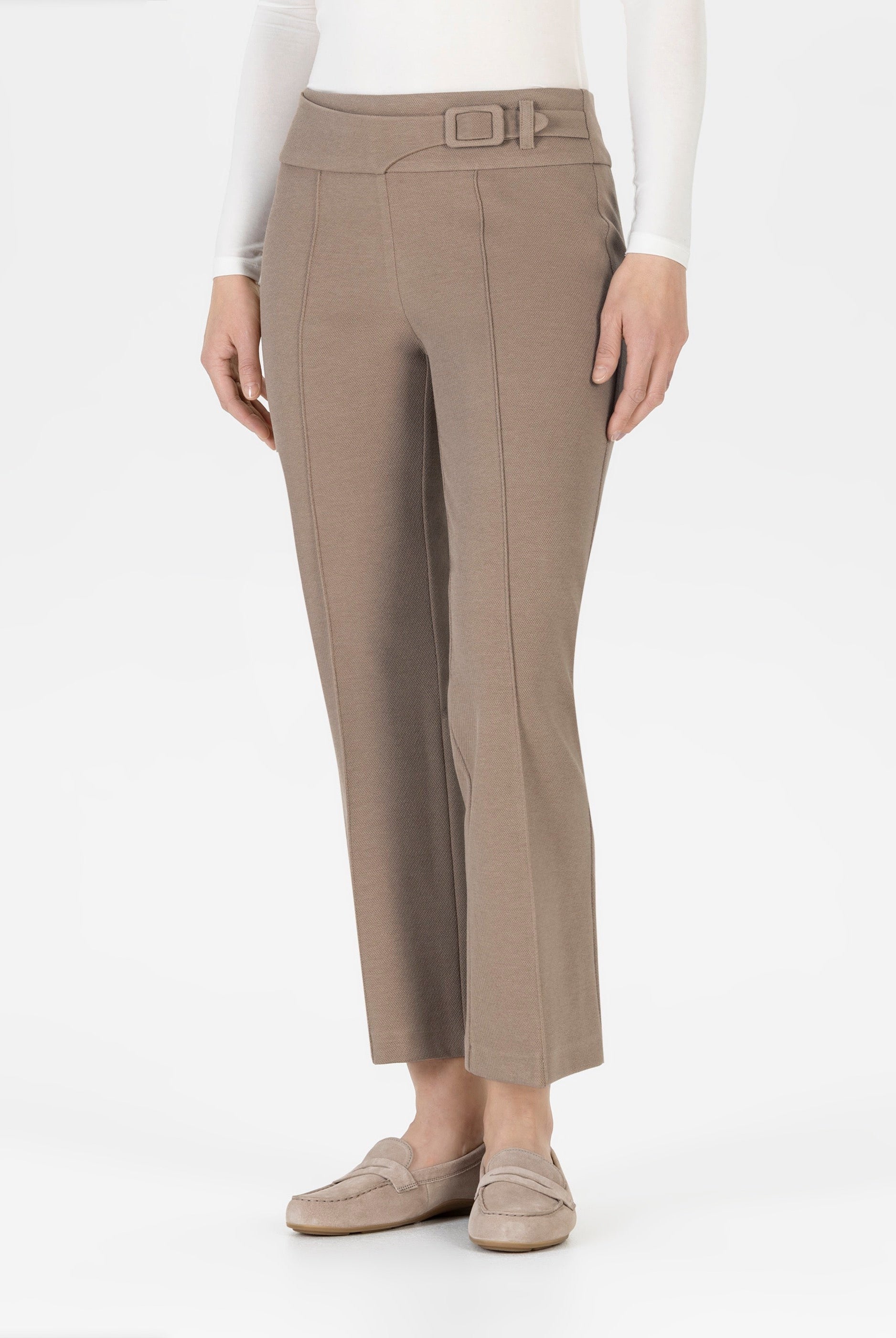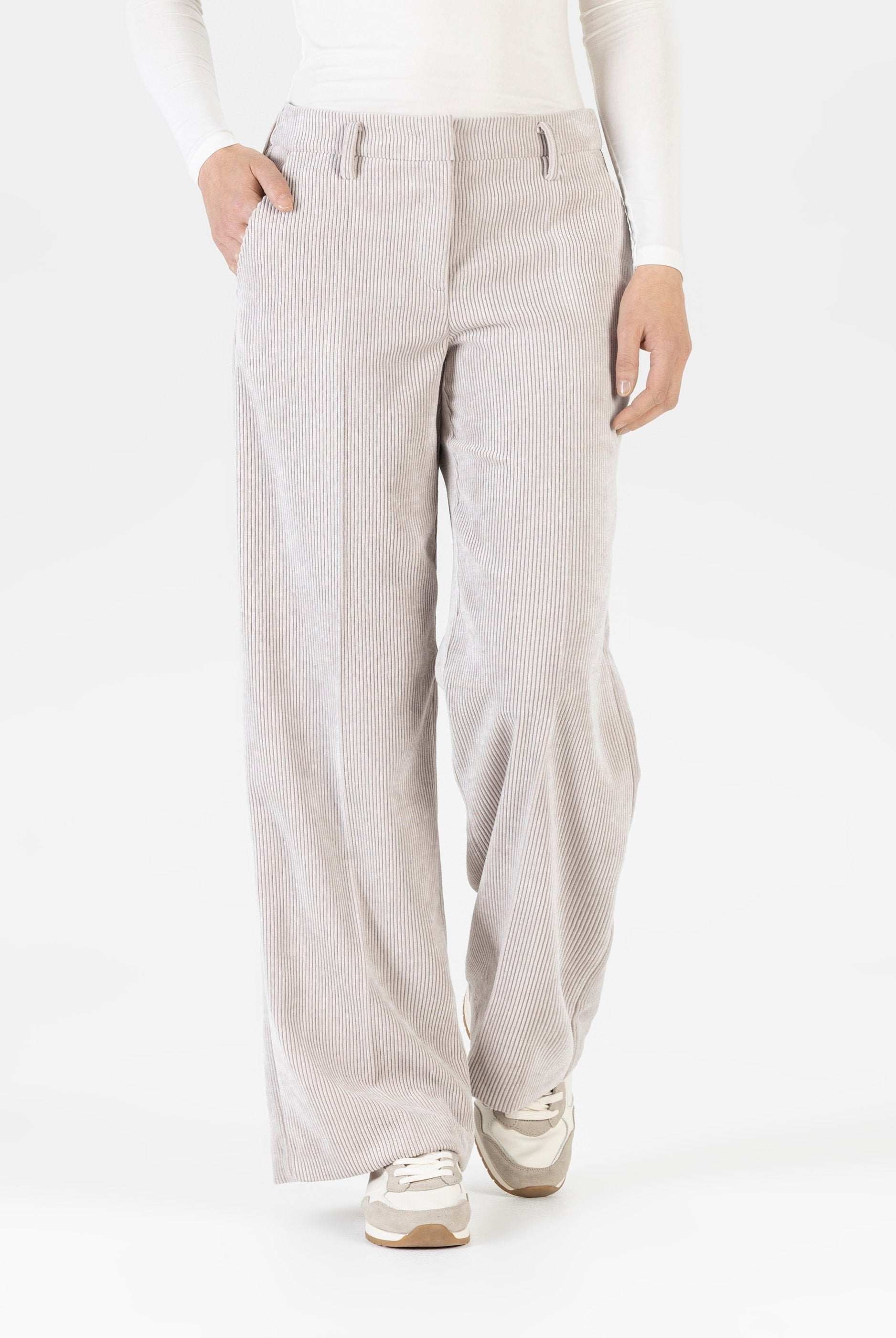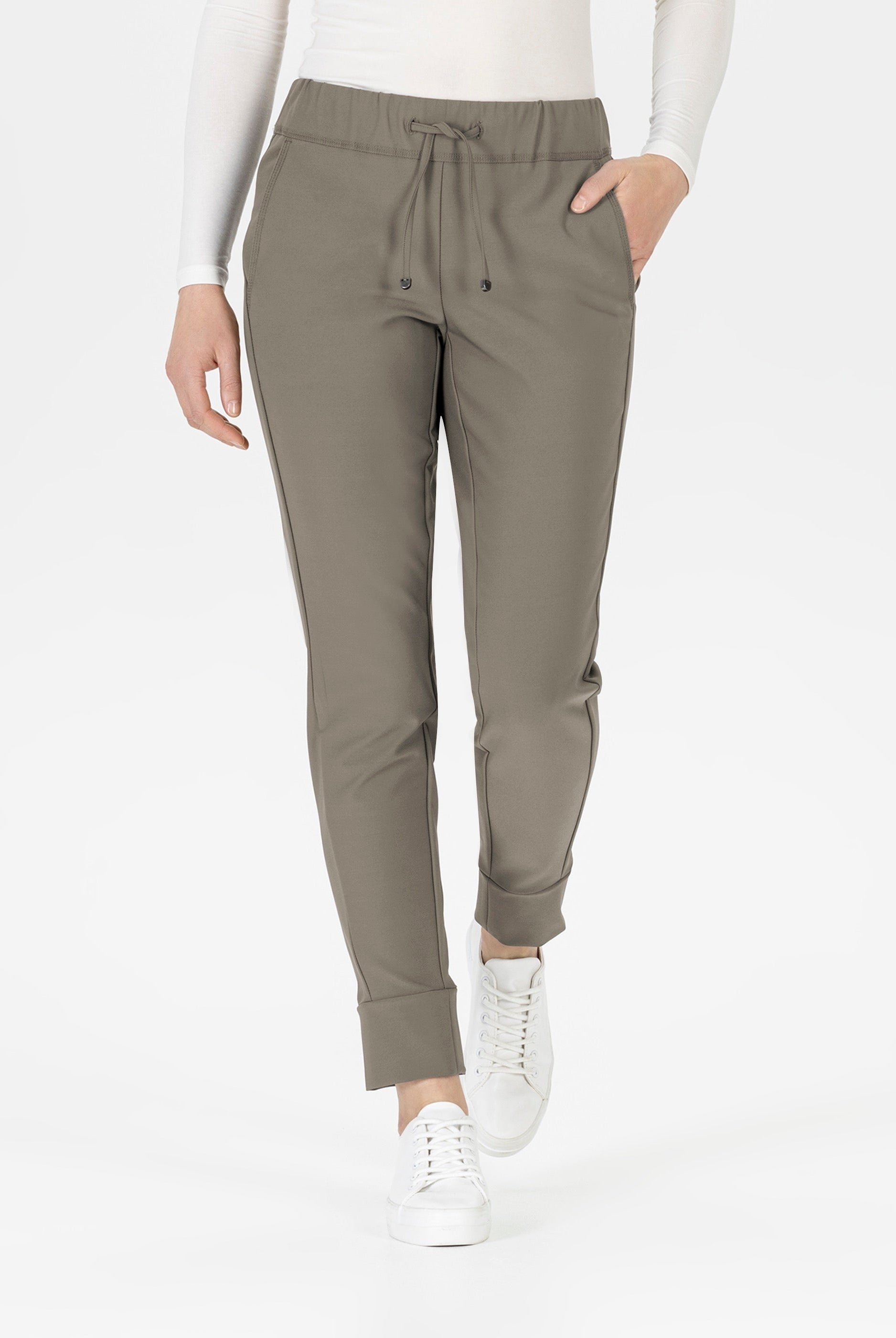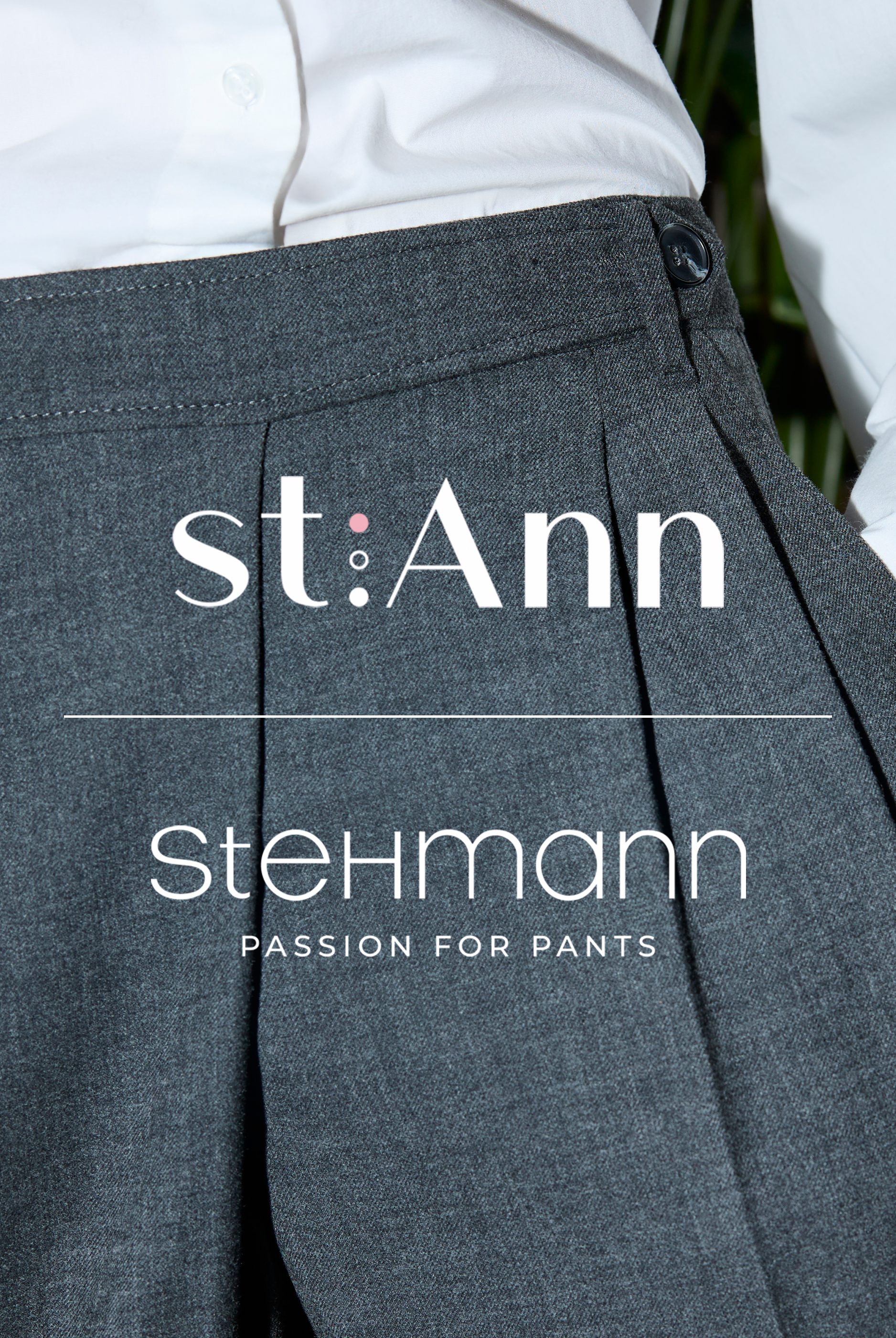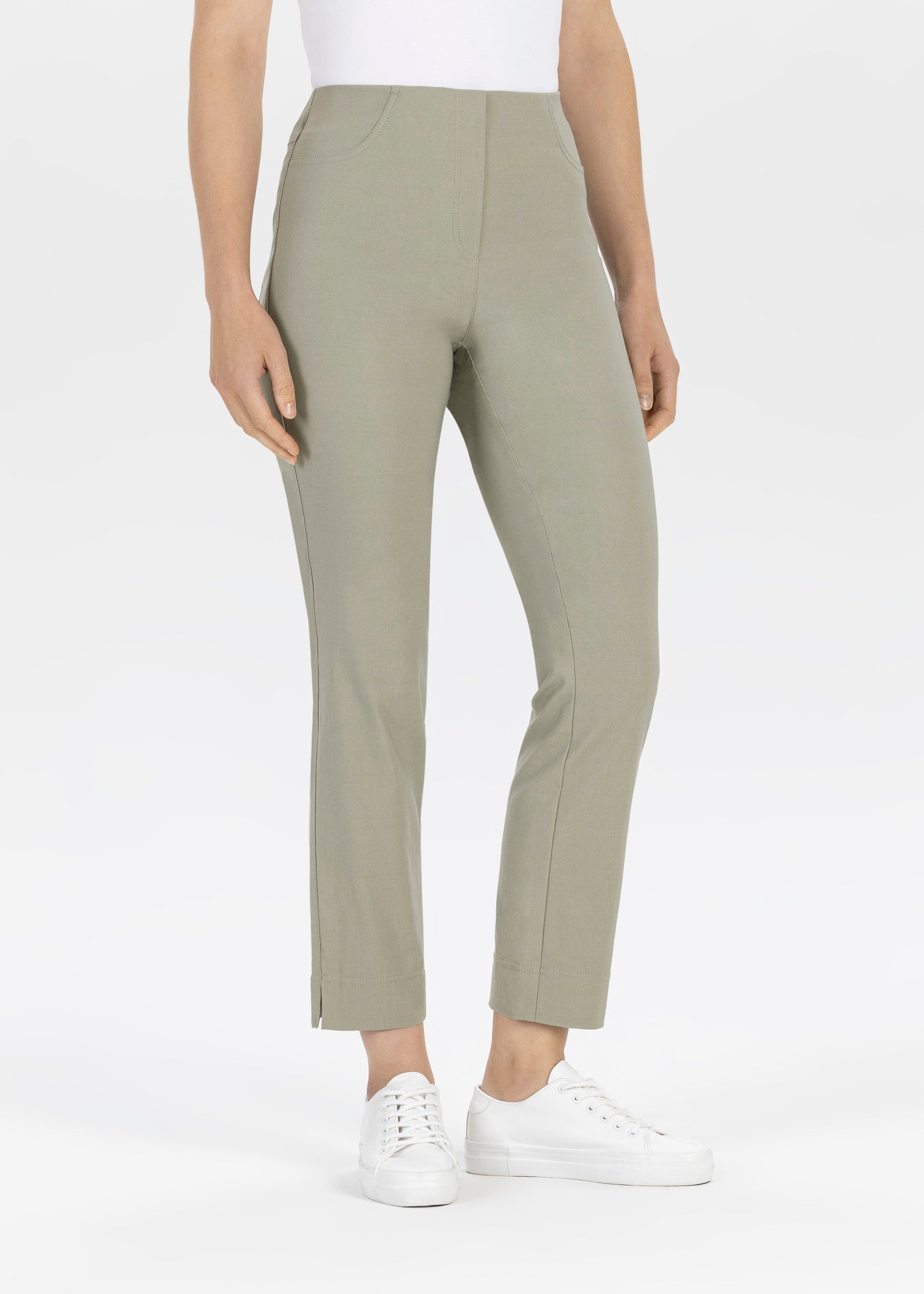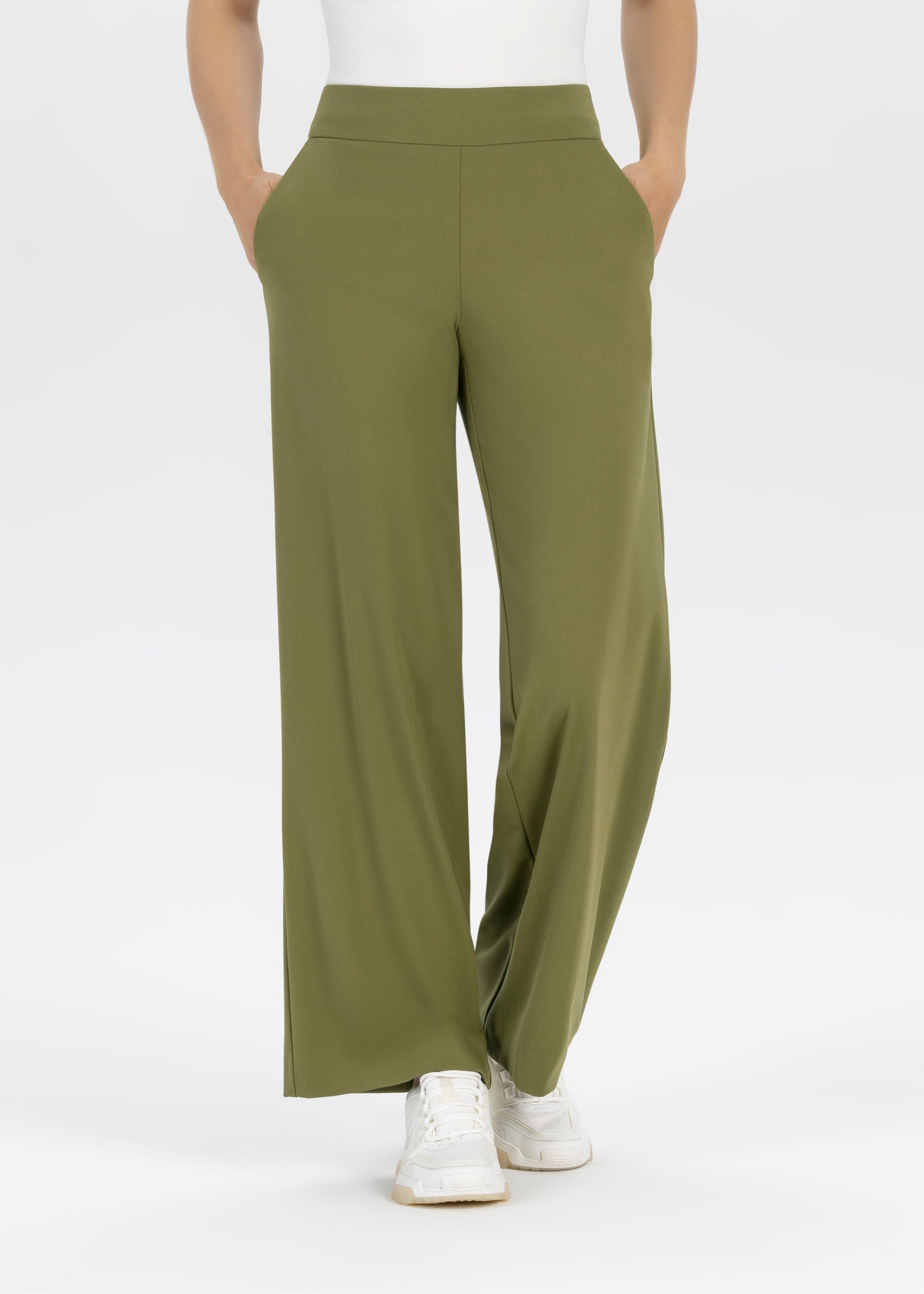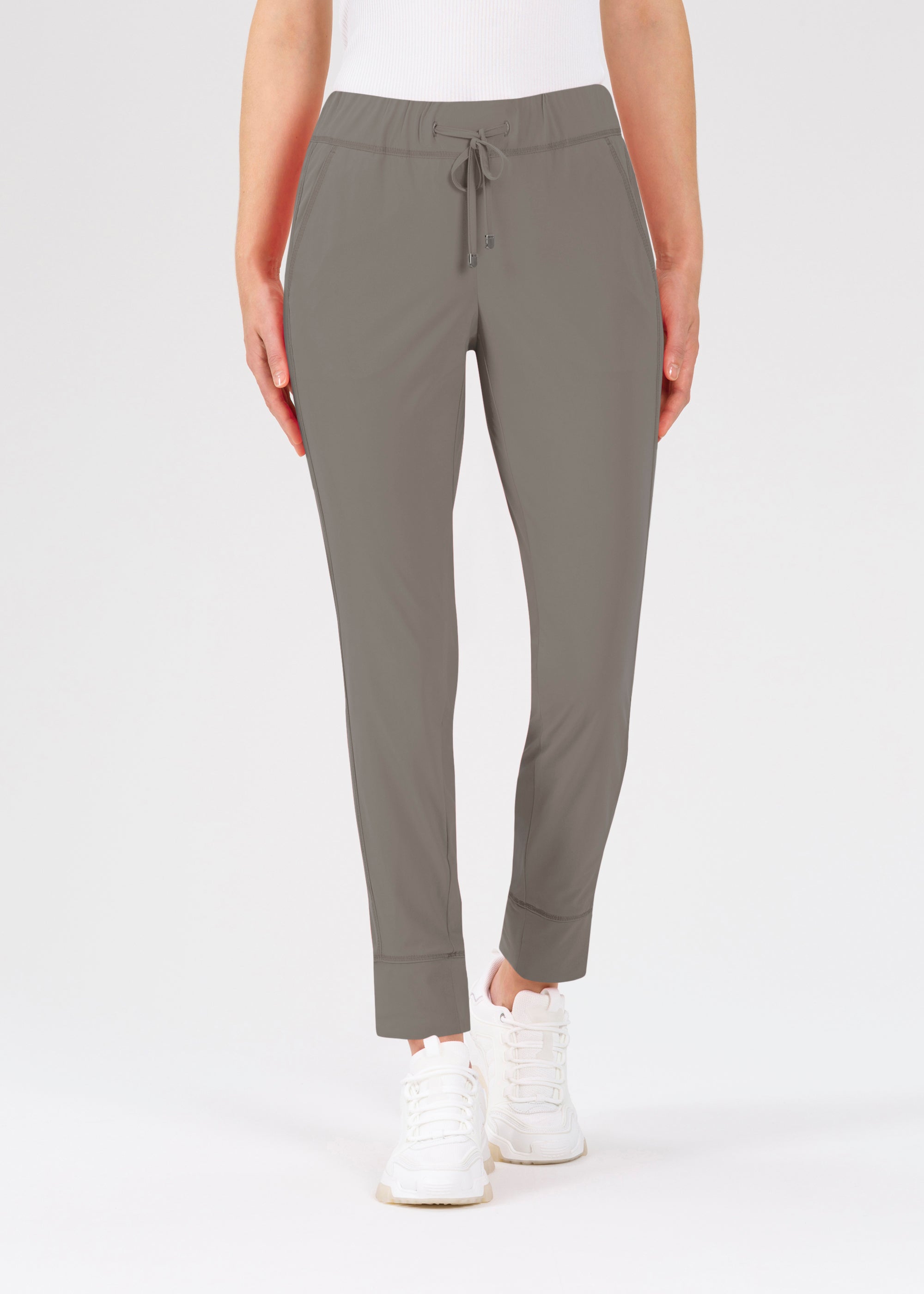B2B dealer terms and conditions
Our general terms and conditions are based on the following standard terms and conditions of the German clothing industry in the version dated January 1, 2020, including the supplementary 14 - 17.7.
§ 1 Scope
1. The standard conditions apply exclusively between merchants.
2. The following standard terms and conditions of the German textile industry apply exclusively to all deliveries and services provided by the seller. The seller does not recognize the buyer's general terms and conditions unless the seller has expressly agreed to their validity in writing. This also applies if the seller carries out the services without reservation in the knowledge of terms and conditions that conflict with or deviate from these standard terms and conditions.
§ 2 Place of performance, delivery and acceptance
1. The place of performance for all services from the delivery contract is the location of the seller's commercial establishment.
2. The goods are delivered ex the domestic factory. The buyer bears these shipping costs. The buyer can choose the carrier. The goods must be sent uninsured. A delivery notification can be agreed.
3. Packaging costs for special packaging are borne by the buyer.
4. Sorted and, in the case of combinations, sales-appropriate partial shipments must be made promptly and must be announced in advance. Unsorted items are only permitted with the buyer's consent.
5. If, due to the buyer's fault, acceptance does not take place on time, the seller has the right, at his discretion, to either invoice the goods with immediate due date (arrears invoice) or to withdraw from the contract after a grace period of 12 calendar days has expired to withdraw or to demand compensation.
§ 3 Place of jurisdiction
1. The place of jurisdiction (also for actions on bills of exchange and checks) is, at the plaintiff's discretion, the location of a German commercial establishment of one of the parties. The plaintiff is also entitled to sue at the registered office of the specialist or antitrust organization responsible for the seller (Cologne). The court called first has jurisdiction.
Additional point to 3::
2. The buyer must bear all fees, costs and expenses incurred in connection with any legally successful legal action against him outside Germany.
§ 4 Contents of the contract
1. The goods are delivered on specific dates (working day or a specific calendar week). All sales are only concluded for certain quantities, items, qualities and fixed prices. Both parties are bound to this. Commission transactions are not carried out.
2. Block orders are permitted and must be limited when the contract is concluded. The acceptance period may be a maximum of 12 months.
§ 5 Interruption of delivery
1. In the event of force majeure, industrial action for which a contracting party is not responsible and other operational disruptions through no fault of one's own that have lasted or are expected to last longer than a week, the delivery or acceptance period will be extended without further notice by the duration of the hindrance, but no longer than 5 weeks . The extension only occurs if the other party is immediately informed of the reason for the hindrance as soon as it becomes clear that the delivery or acceptance deadline cannot be met.
2. If the delivery or acceptance in the cases mentioned in Section 1 does not take place within the extended delivery or acceptance period, the other contracting party may withdraw from the contract after a grace period of 12 calendar days has expired.
3. Claims for damages are excluded in the cases referred to in Section 1 if the respective contracting party has fulfilled its obligations in accordance with Section 1.
§ 6 Subsequent delivery period
1. After the delivery period has expired, a subsequent delivery period of 12 calendar days will be set in motion without explanation. After this period has expired, the buyer can withdraw from the contract by means of a written declaration. If the buyer wants to claim damages instead of performance, he must give the seller a written notice of 4 weeks after the agreed delivery period has expired. The legal regulations regarding the dispensability of setting a deadline (Section 281 Para. 2, 323 Para. 2 BGB) remain unaffected.t.
2. For ready-to-ship stock goods and NOS goods - never-out-of-stock - the subsequent delivery period is 5 working days. In the event of non-delivery, the buyer must be informed immediately. Otherwise, the provisions of Section 1 apply.1
3. Before the expiry of the subsequent delivery period, claims by the buyer due to late delivery are excluded, provided that Sections 2 and 3 do not apply..
§ 7 Notification of Defects
1. In the case of obvious defects, notices of defects must be sent to the seller no later than 12 calendar days after receipt of the goods. The buyer must report hidden defects to the seller immediately after they are discovered.
2. Once the delivered goods have been cut or otherwise processed, any complaints about obvious defects are excluded.
3. Minor, technically unavoidable deviations in quality, color, width, weight, equipment or design do not constitute a material defect. This also applies to customary deviations, unless the seller has declared delivery true to the sample in writing.
4. In the case of justified complaints about defects, the buyer has the right, at the seller's discretion, to repair or deliver defect-free replacement goods within 12 calendar days of receiving the goods back. In this case the seller bears the freight costs. If supplementary performance has failed, the buyer only has the right to reduce the purchase price or withdraw from the contract, unless Section 8 Paragraphs 2 and 3 apply..
5. If the notification of defects is not made on time, the goods are deemed to have been approved.
§ 8 Damages
1. Claims for damages by the buyer are excluded unless otherwise stipulated in these conditions.
2. The exclusion in Section 1 does not apply to liability under the Product Liability Act, in the event of intent, gross negligence on the part of owners, legal representatives and executive employees, in the event of fraud, in the event of non-compliance with a guarantee provided, in the event of culpable injury to life or body or health or in the culpable violation of essential contractual obligations; Essential contractual obligations are those whose fulfillment characterizes the contract and on which the buyer can rely. However, a claim for damages due to breach of essential contractual obligations is limited to the contract-typical and foreseeable damage, unless another case mentioned in sentence 1 exists.
3. A change in the burden of proof to the detriment of the buyer is not associated with the above regulations.
§ 9 payment
1. The invoice will be issued on the day of delivery or availability of the goods. Postponing the due date (value date) is fundamentally excluded.
2. Invoices are payable:
1. Within 10 days of invoicing and goods dispatch with 4% express account;
2. from the 11th to 30th day after invoicing and goods dispatch with a 2.25% discount;
3. from the 31st to 60th day after invoicing and goods dispatch net.
From the 61st day onwards, default occurs in accordance with 286 II No. 1 BGB..
3. If the seller accepts bills of exchange instead of cash, check or bank transfer, a surcharge of 1% of the bill of exchange amount will be charged when accepting the bill of exchange according to the net destination of the 61st day from the date of invoice and dispatch of the goods.
4. Instead of the above regulation, the following regulations can be regulated, provided that the buyer commits to this for at least 12 months:
|
invoices |
to be settled with a 4% discount on |
to be settled with a 2.25% discount on |
to be settled net on |
|
1st - 10th of a month |
15th d. same month |
5. d. next month |
5. d. the month after next |
|
11th - 20th of a month |
25th d. same month |
15th d. next month |
15th d. the month after next |
|
21st - End of a month |
5. d. next month |
25th d. next month |
25th d. the month after next |
Sections 1-3 apply accordingly to this type of regulation.
5. Changes to the regulatory method must be announced 3 months in advance.
6. Payments are always used to settle the oldest debt items due plus the accrued interest on late payments.
7. The decisive factor for the timeliness of payment is the final credit to the seller's account.
Additional points to 9::
8. The seller has the right to assign his claims against the buyer to a third party.
9. If the buyer is in default of payment with a claim, all other claims against the seller can be made due.
§ 10 Payment after due date
1. For payments after the due date, interest of 9 percentage points above the respective base interest rate within the meaning of 247 BGB will be charged. Furthermore, 288 BGB applies.g.
2. Before full payment of the invoice amounts due including interest, the seller is not obliged to make any further deliveries under current delivery contracts. The right to claim damages caused by delay remains reserved.
3. In the event of a significant deterioration in financial circumstances, such as impending insolvency or late payment, the seller can refuse to perform the service he is responsible for in all delivery contracts that are based on the same legal relationship or, after setting a grace period of 12 calendar days, withdraw from these delivery contracts. Otherwise, 321 BGB applies. 119 InsO remains unaffected.t.
§ 11 Offsetting and retention
The offsetting and retention of due invoice amounts is only permitted with undisputed or legally established claims, unless these are claims for damages that are closely related to the buyer's claim to defect-free fulfillment of the contract
§ 12 Retention of title
1. The goods remain the property of the seller until all claims arising from deliveries of goods from the entire business relationship, including additional claims, claims for damages and cashing of checks and bills of exchange, have been paid in full. The retention of title remains in effect even if individual claims of the seller are included in a current invoice and the balance is drawn and recognized.
2. If the reserved goods are combined, mixed or processed by the buyer into a new movable item, this is done for the seller's benefit without the seller being obliged to do so. Through the connection, mixing or processing, the buyer does not acquire ownership of the new item in accordance with 947 ff. BGB. When combining, mixing or processing with items that do not belong to the seller, the seller acquires co-ownership of the new item based on the ratio of the invoice value of his reserved goods to the total value.t.
3. If a central regulatory body is involved in the transaction between seller and buyer and takes over the del credere, the seller transfers ownership when the goods are dispatched to the central regulatory body with the suspensive condition of payment of the purchase price by the central regulator. The buyer is only released once payment has been made by the central regulator.
4. The buyer is only entitled to resell or process further if the following conditions are taken into account:
a) The buyer may only sell or process the reserved goods in the normal course of business, provided that his financial circumstances do not subsequently deteriorate significantly.
b) The buyer hereby assigns the claim with all ancillary rights from the resale of the reserved goods, including any balance claims, to the seller. The seller accepts this assignmentn
c) If the goods have been combined, mixed or processed and the seller has acquired co-ownership of them in the amount of their invoice value, they are entitled to the purchase price claim in proportion to the value of their rights to the goods.
d) If the buyer has sold the claim as part of real factoring, the buyer assigns the claim against the factor that replaces it to the seller and passes on the sales proceeds to the seller in proportion to the value of the seller's rights to the goods. The buyer is obliged to disclose the assignment to the factor if he is more than 10 days overdue in paying an invoice or if his financial circumstances deteriorate significantly. The seller accepts this assignment.
e) The buyer is authorized to collect the assigned claims as long as he meets his payment obligations. The collection authorization expires if the buyer defaults on payment or if the buyer's financial circumstances deteriorate significantly. In this case, the seller is hereby authorized by the buyer to inform the buyers of the assignment and to collect the claims themselves. In order to assert the assigned claims, the buyer must provide the necessary information and allow this information to be checked. In particular, upon request, he must provide the seller with a precise list of the claims to which he is entitled, including the names and addresses of the customers, the amount of the individual claims, the invoice date, etc.
5. If the value of the security existing for the seller exceeds all claims by more than 10%, the seller is obliged to release securities of his choice at the buyer's request.
6. Pledging or transfer of title as security for the reserved goods or the assigned claims is not permitted. The seller must be informed immediately of any seizures, stating the name of the seizure creditor.
7. If the seller takes back the delivery item in exercise of his right of retention of title, this does not automatically constitute a withdrawal from the contract. The seller can satisfy himself from the reserved goods taken back by private sale.
8. The buyer stores the reserved goods for the seller free of charge. He must insure them against the usual risks, such as fire, theft and water, to the usual extent. The buyer hereby assigns to the seller his claims for compensation, which he is entitled to for damages of the type mentioned above against insurance companies or other parties liable for compensation, in the amount of the invoice value of the goods. The seller accepts the assignment.
9. All claims and rights arising from the retention of title to all special forms specified in these conditions remain in effect until full release from contingent liabilities (cheques) that the seller has entered into in the interests of the buyer. In the case of sentence 1, the buyer is generally permitted to factor his outstanding debts. However, he must inform the seller of this before incurring any contingent liabilities.
§ 13 Applicable Law
The law of the Federal Republic of Germany. The United Nations Convention on Contracts for the International Sale of Goods of April 11, 1980 is excluded.
§ 14 image rights
All illustrations and photos are protected by copyright. Use of the illustrations and photos without the express consent of Stehmann is not permitted. Stehmann reserves the right to assert all claims under copyright law.
§ 15 online shop
1. Stehmann points out that the color of the photos presented in the online shop may differ slightly from the color of the item delivered. This depends on the respective color settings on the customer's screen.
2. Despite the greatest care, in exceptional cases it may happen that goods in the online shop are priced incorrectly. In addition, once an online purchase has been completed and confirmed, order confirmations may contain incorrect information. If this is due to a technical error, Stehmann is entitled to challenge the purchase contract due to error.
§ 16 Use of Data
The seller is entitled to publish the name, address and contact details of the shop for use in his shop finder. The seller will not publish any personal data of the buyer and/or the buyer's employees. The seller guarantees compliance with the GDPR in its currently valid form.
§17 style names
Our style names are not trademarks protected by us. You should not use these style names separately in advertising. If you do use them, you do so at your own risk. Under no circumstances may the style names be highlighted or placed in front or used as part of a heading or without the addition of the style name.den.
As of January 2023

